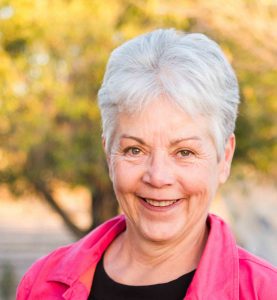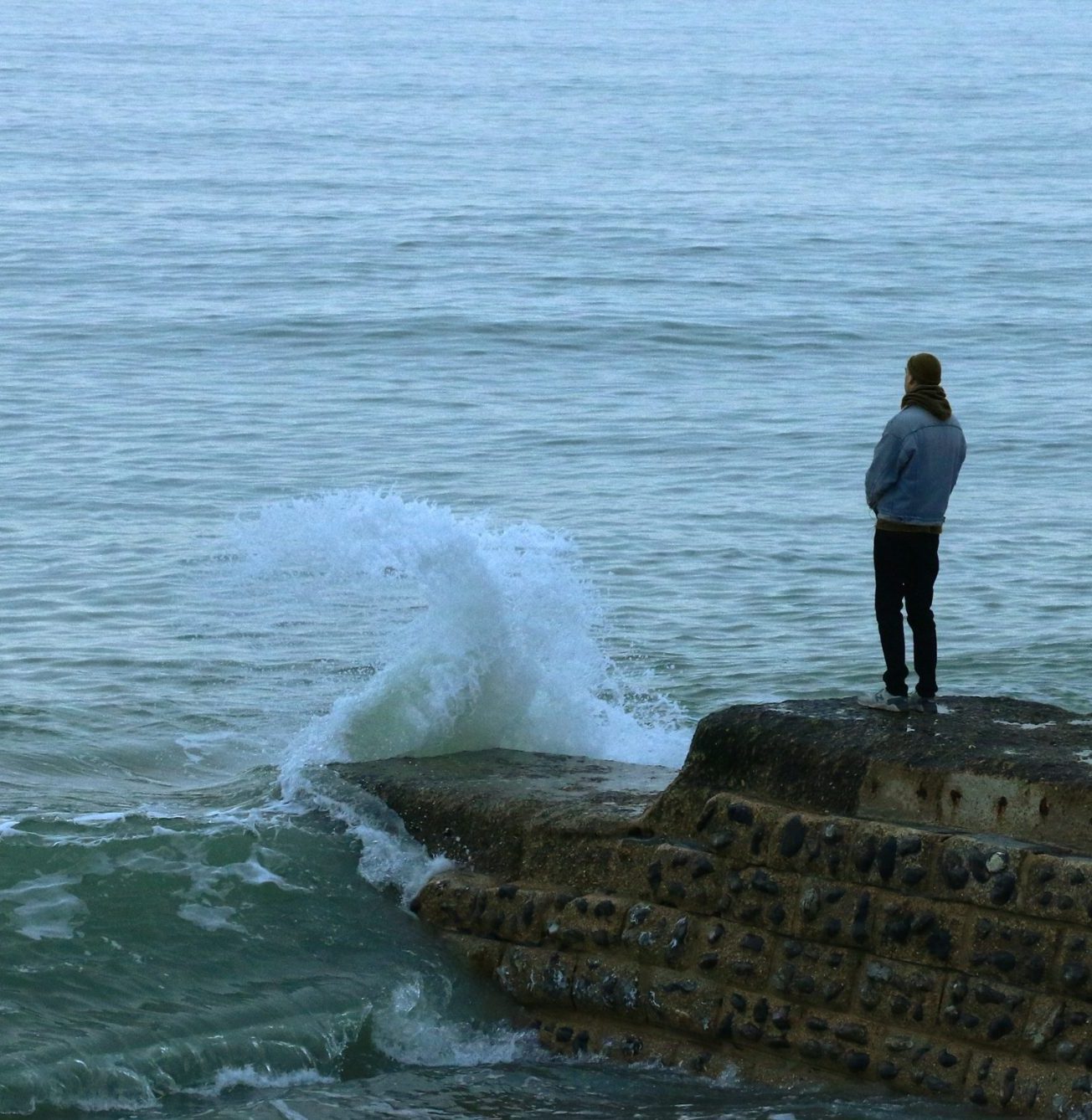Description
August 5, 2025 | 12:00 – 1:00 PM SWhy Cannabis is NOT the Solution for PTSD
Description:
A growing number of states have identified Post Traumatic Stress Disorder (PTSD) as an approved condition for medical marijuana. This is despite the lack of any high quality, randomized, controlled studies proving that marijuana treats PTSD. This presentation will cover the research that demonstrates THC can make PTSD worse and can set people up for the significant consequences associated with daily cannabis use, such as cannabis use disorder (CUD), psychotic symptoms, cognitive problems, suicidal ideation, violence, worsening depression and anxiety and cannabinoid hyperemesis syndrome.
Learning Objectives:
- Describe studies that have been done to show how cannabis worsens outcomes when treating Post Traumatic Stress Disorder.
- List the evidence-based treatments showing effectiveness for the treatment of PTSD and explain why the use of cannabis can make these treatments less effective.
- Describe how the use of high THC cannabis for PTSD can result in increasing rates of cannabis use disorder, psychosis, suicide, and violence

Presenter: Elizabeth “Libby” Stuyt, MD
Elizabeth ‘Libby’ Stuyt, MD is a board-certified Psychiatrist and has worked in the addiction/behavioral health field since 1990. She was the Medical Director for the Circle Program, a 90-day inpatient treatment program, funded by the state of Colorado, for persons with co-occurring mental illness and substance abuse who have failed other levels of treatment from 1999 – 2020. She was instrumental in helping the Circle Program to become tobacco free in January 2000 and has been a strong advocate of the need to address all addictions at the same time, including tobacco, to improve outcomes. She has been actively incorporating complementary treatments into treatment programs, including the 5-point ear acupuncture NADA (National Acupuncture Detoxification Association) protocol and BST (Brain Synchronization Therapy), to help patients recover from addiction as well as trauma which often underlies addiction and chronic pain issues. She retired from clinical practice in 2021 and continues to do consultant work for treatment programs, trainings on ear acupuncture and BST and presentations to educate as many people as possible on the un-intended consequences of the commercialization of marijuana in Colorado, focusing primarily on the deleterious effects of high potency THC on the developing brain and mental health. She is on the board of the International Academy on the Science and Impacts of Cannabis (IASIC) and believes that people should be following the science regarding policies related to cannabis.
Continuing Medical Education:
This activity has been planned and implemented in accordance with the accreditation requirements and policies of the Accreditation Council for Continuing Medical Education (ACCME) through the joint providership of the Hanley Center for Health Leadership and Education and CCSME. The Hanley Center for Health Leadership and Education is accredited by the Maine Medical Association Committee on Continuing Medical Education and Accreditation to provide continuing medical education for physicians.
The Hanley Center for Health Leadership and Education designates this regularly scheduled series for a maximum of 1 AMA PRA Category 1 Credit ™. Physicians should only claim credit commensurate with the extent of their participation in the activity.
*Nurses and Nurse Practitioners will be awarded a certificate of participation with a maximum of 1 AMA PRA Category 1 Credit ™.
This course has been approved by Co-Occurring Collaborative Serving Maine (CCSME), as a NAADAC Approved Education Provider, for 1 educational credits. NAADAC Provider #324712, CCSME is responsible for all aspects of the programming.
Contact Hours 1 contact hours for social workers, licensed clinical professional counselors, and behavioral health professionals.
1 Category 1 Contact hours for psychologists. CCSME is a pre-approved sponsor and provider of Professional Education Activities for Psychologists.
1 contract hours CHES. CCSME is a designated provider of continuing education contact hours (CECH) in health education by the National Commission of Health Education Credentialing, Inc.





